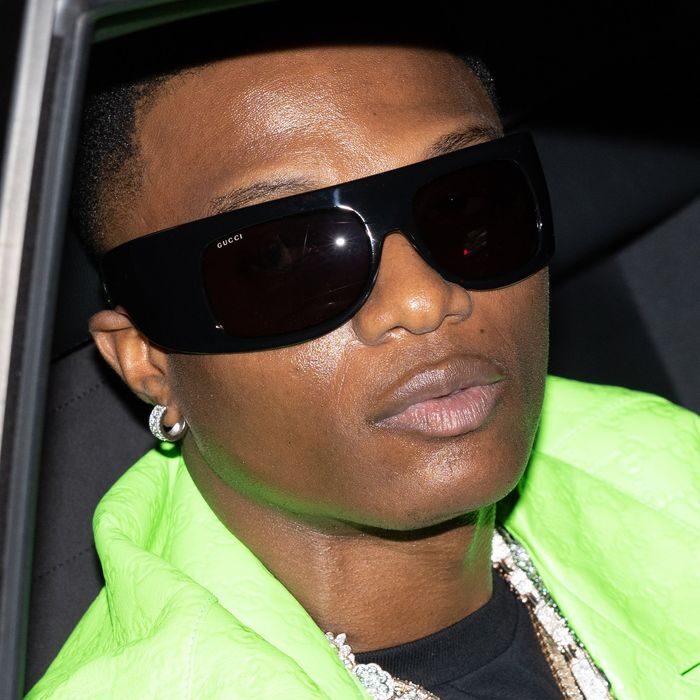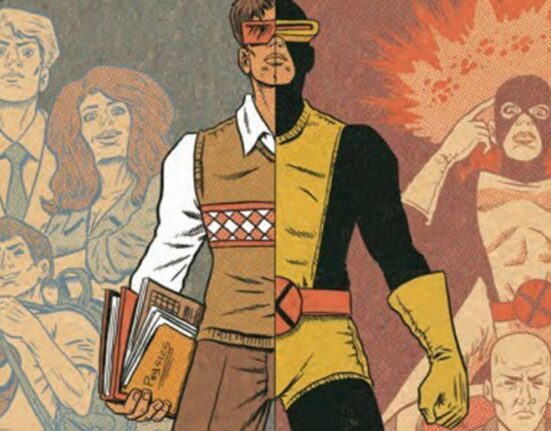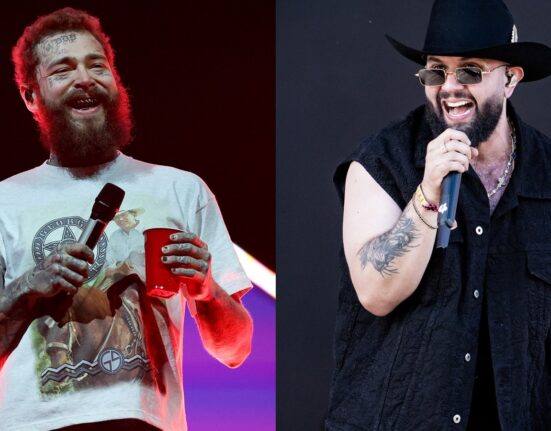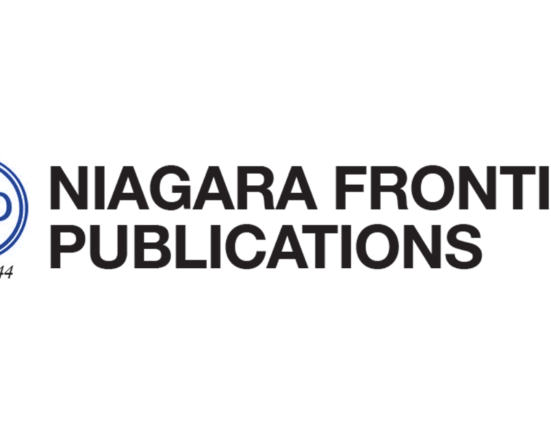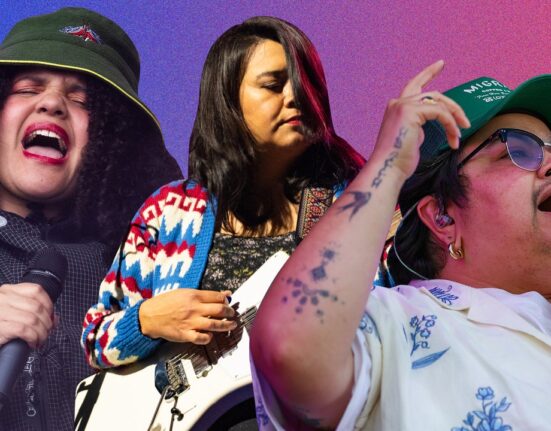Afrobeats has been undergoing a reckoning, especially as the nominal term used to represent the wide range of popular music from West African (and generally African) artists. This is hugely significant for the sake of cultural nuance because of how much weight is attached to names culturally and spiritually in most, if not all, African cultures.
Last weekend, Nigerian pop superstar Wizkid loudly expressed his annoyance with being regularly referred to as an Afrobeats artist. In a series of text-based posts on his Instagram stories, the man, born Ayodeji Balogun, rattled off a bunch of words related to being “labeled just afrobeats [sic].” In these pointed remarks, he declared that his next album isn’t an Afrobeats album, writing that fans of his earlier hit song, “Pakurumo,” weren’t the target for his next project.
Through the many typed words, the conceit in Wizkid’s demeanor was immediately evident and clearly fuelled by a gnawing feeling of dissatisfaction. For the Lagos-raised singer, Afrobeats has become too limiting to fully convey the scope of his ambition, and it constricts the lens through which he wants his music to be viewed.
“Listen, am I African? Yes! But I do make all sorts of music,” Wizkid wrote, stating that his now-classic 2020 album, Made in Lagos is not an Afrobeats album. “That’s a fusion of different sounds. Real Music! The word afrobeats [sic] was made up by y’all to put all we make into one box. Fela created Afrobeat!! I make all sorts of music. Fusion of sounds.”
Screenshot from Wizkid’s Instagram stories over the weekend.(Instagram)
Unpacking Wizkid’s Statements
There are three layers to summarily unpack here. Has Wizkid made music spanning several genres? Definitely, which makes his statement as a fusion artist veritable. Who’s the “y’all” he’s referring to? Well, Afrobeats is a word with its inception in the UK, amplified and eventually adopted, if begrudgingly for some, with the global ascent of music from Nigerian artists. So, primarily, there are both capitalist and narrative intentions, which don’t take into account the complex nuances of cultural and sonic variety. Finally, are Afrobeat and Afrobeats the same thing? Definitely not.
There’s perhaps some irony in Wizkid pushing back on a term that is closely tied to his ascent to global superstardom. Back when “One Dance” was an inescapable summer hit almost eight years ago, it was unfathomable that the singer would one day denounce Afrobeats as his style of music. Now that it’s happening, it emboldens (again) the ambiguity of the word, something that’s been clamored about by several observers, many who have been derogatorily referred to as purists.
In the digital era of increased globalization, the variety of music constantly rubs up against itself. This collision hasn’t erased specificity as much as it has shown that there aren’t that many boundaries for creativity in music. With streaming, listeners have access to all sorts of music, but so do artists, and that means their inspiration base widens beyond what is closest to them. Even before the internet, music still crossed borders, so it makes sense that Wizkid as an artist is informed as much by dancehall, R&B and rap, as he is by fuji, juju and Afrobeat.
More African Artists Weigh In
That narrative is shared by most, if not all, Nigerian artists. In trying to make a case for their uniqueness, the idea of Afrobeats as a limiting term will always be on the chopping block. Just last year, Burna Boy came under fire for stating that Afrobeats is music without “substance,” while girding the authenticity of his patented style, “Afro-fusion.” In truth, Burna’s chosen name for his style of music is no less ambiguous, but it at least accounts for the wide-ranging nature of his artistic ambition and execution.
Earlier this year, in an interview with BET, Nigerian star Fireboy DML restated his style as “Afro-life,” echoing Burna’s sentiment that Afrobeats is all vibes and no meaningful lyrics. The derogatory outlook with which several artists have dismissed Afrobeats goes beyond the idea that it is a generic term. Of course, hubris is involved; Wizkid, Burna Boy, Fireboy and their colleagues who share similar sentiments are mainly sharing these comments to not just declare uniqueness, but also superiority.
On a much more general scale, this select but impactful push back against Afrobeats also stems from the plain fact that there’s no spiritual connection between the term and the music it’s supposed to represent. To be astute, Afrobeats, particularly within the context of this conversation, is Nigerian pop, a playground that melds and bends influence with a distinct Nigerian flair. But to call it Nigerian pop means music from every country on the continent has to be specifically accounted for, which goes against the frictionless grain of Afrobeats, which lumps everything from Africa and its diaspora into a catchall term.
By its very nature, pop music is dynamic, allowing for a wider room for artists to roam. Specific terms create specific expectations, which is what Afrobeats does for some Nigerian and African artists. That limiting nature will continue to create dissatisfaction, and Wizkid won’t be the last artist to reckon with the meaningfulness of Afrobeats to his craft.
From Your Site Articles
Related Articles Around the Web

